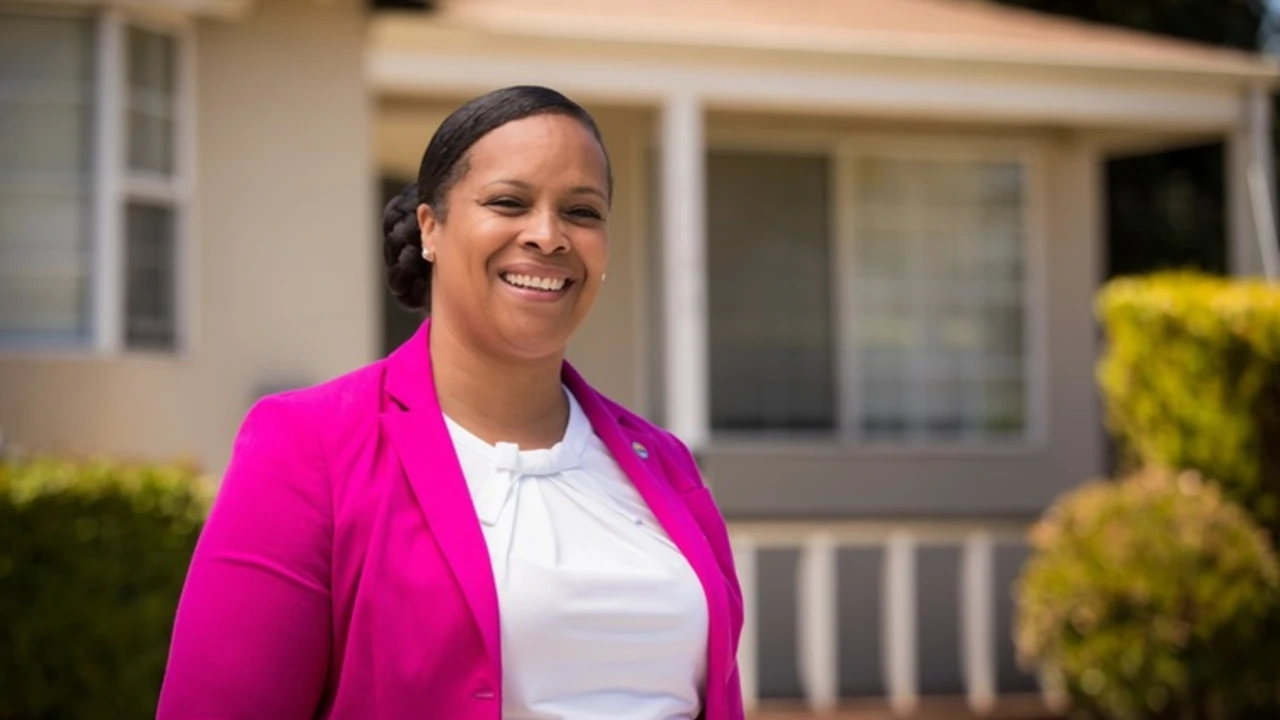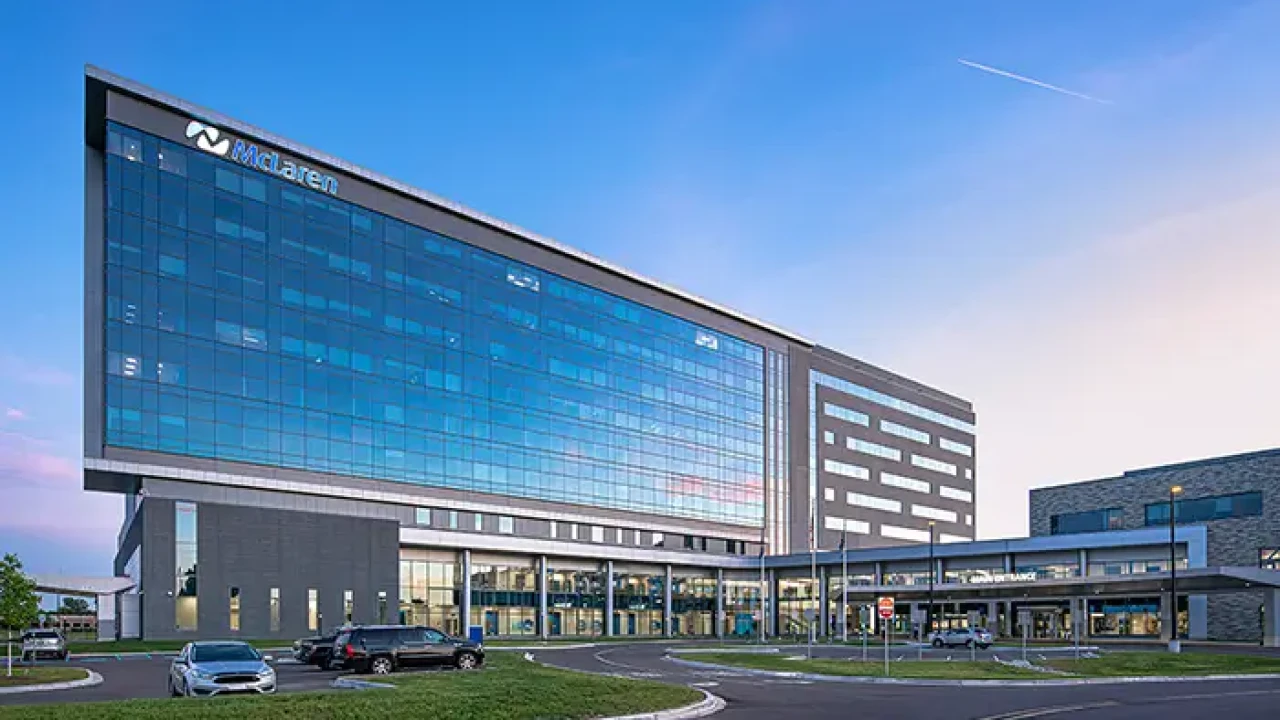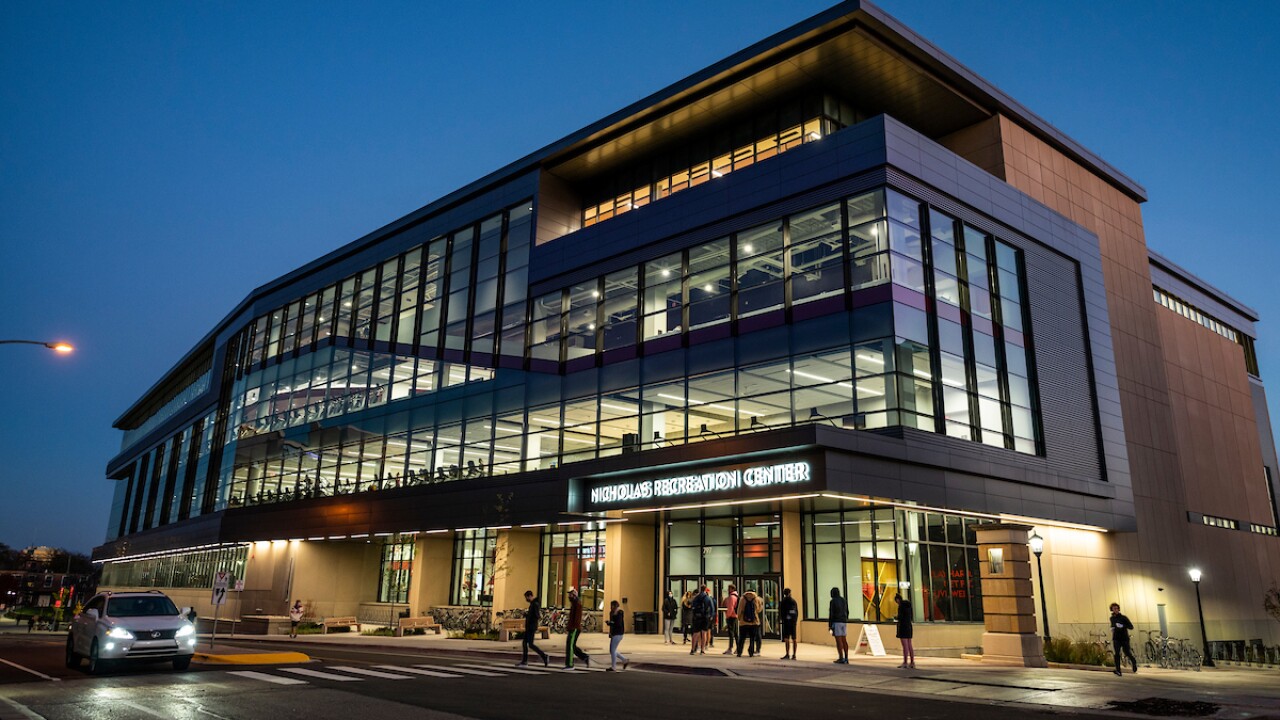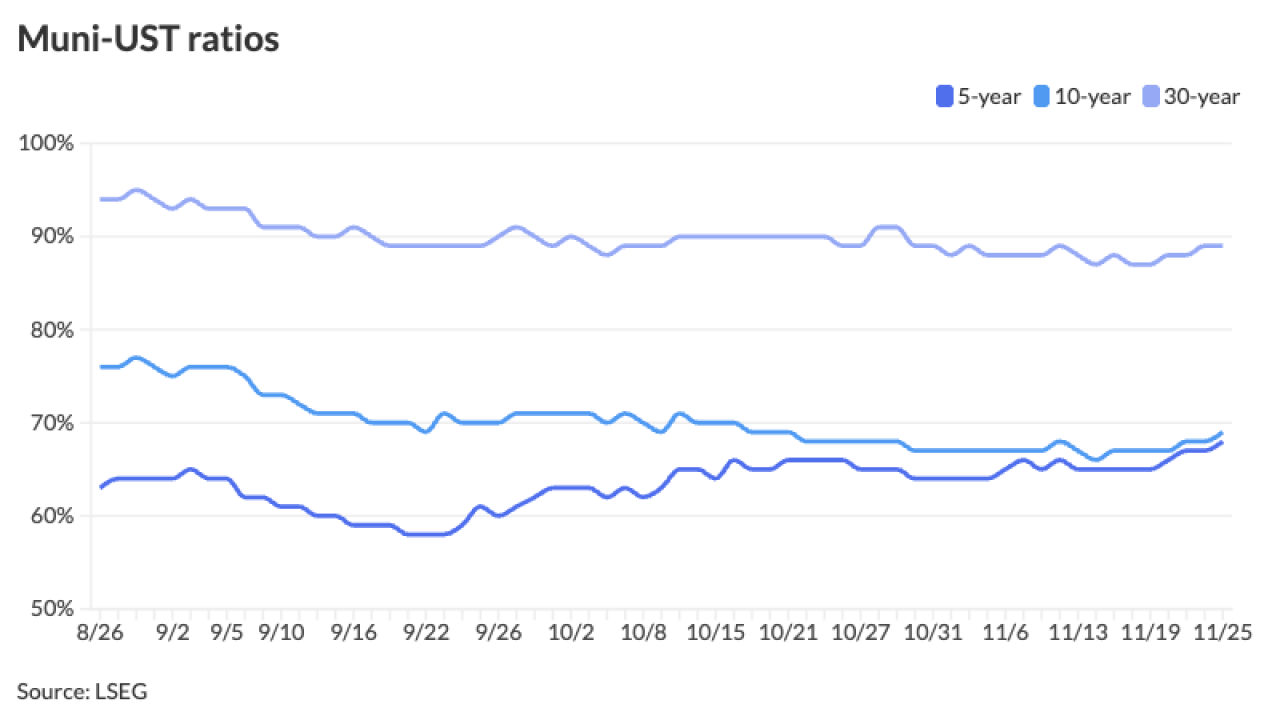
CHICAGO — Passage of a long-stalled transportation infrastructure package that would raise $1.2 billion in new revenue will be Michigan Gov. Rick Snyder's top priority during the upcoming lame-duck legislation session, the state's budget director said.
Despite repeated defeats by Republican-controlled Legislature, the GOP governor's administration is hopeful the package will pass this time around, partly because more than half of state lawmakers will not be returning to office because of term limits, budget director John Roberts said Monday at a Chicago Federal Reserve conference on infrastructure funding.
"Do I feel confident that we'll get it passed by 80%? No," Roberts said in an interview after his speech. "Is it Snyder's top priority during the lame duck session? Yes."
Even if Snyder loses Tuesday's gubernatorial election to challenger Mark Schauer, the governor will push for the legislation, Roberts said.
"I think regardless of the elections we get transportation done," he said.
The package is part of an ongoing debate between lawmakers and Snyder over road funding. Snyder has pushed for three years for the Legislature to raise new revenues to generate at least $1.2 billion a year, which he says is needed to maintain the state's roads and help close a $26 billion funding gap.
Lawmakers, both Democrats and Republicans, have so far been reluctant to raise any taxes or fees, but they have passed one-time appropriations.
The administration hopes to win sufficient bipartisan support to pass the package, which was last defeated in June, at the end of the formal legislative session.
The current proposal would raise $1.2 billion in new money annually by imposing a wholesale tax on fuel that would translate into roughly 33 cents on the gallon, according to Roberts. The plan would also raise truck registration fees by 25% and light vehicle registration by 60%.
Generating revenue from registration fees is important because the gas tax revenue is vulnerable to the economy and evolving fuel efficiency standards, he said.
"We spent a lot of time on this," said Roberts. "It's not overly creative but we tried to take the politics out of it."
After Tuesday's election, a full 63 representatives out of 110 will not be eligible to run again due to relatively new term limits, Roberts said. The leaders of both chambers will also be termed out, he noted.
"If we can just get the people who won't run in the House again [to vote yes], we're hoping to get the package through," he said. "I hope no later than Dec. 14, we'll have it done."
If passed, the state expects to issue bonds to cover maintenance and construction for roughly the first 18 months, while the new revenue comes in, Roberts said. After that, the goal is to operate a pay-as-you-go program unless it's a large project, the director said.
"Previous administrations bonded a lot for infrastructure, and I don't blame them, but we don't want to get to that point," said Roberts.
If the funding package fails, an alternative proposal would be to raise the state's sales tax to 6% or 6.5% from 5%. That would take a two-thirds legislative vote to amend the constitution or a favorable vote on the ballot.
The state has currently invested a total of $2.9 billion in roads, bridges and other projects, Roberts said. But without a new, dedicated revenue stream, the state has been forced to dip into its general fund to meet its federal match.
"When you have to put general fund money in, that's an annual fight," the budget director said. "We're not leaving the federal match on the table, but having dedicated funds for that would be better for everybody."
Hit by a recession starting in the early 2000's, Michigan was forced to delay infrastructure spending during what is now dubbed its "lost decade," Roberts said during his talk at the federal reserve conference.
"[The recession] hit us early and kept coming for us, and clearly investment in infrastructure had to be delayed," said Roberts. "The funding gap is huge and I don't know if there are worse roads in the nation right now."





